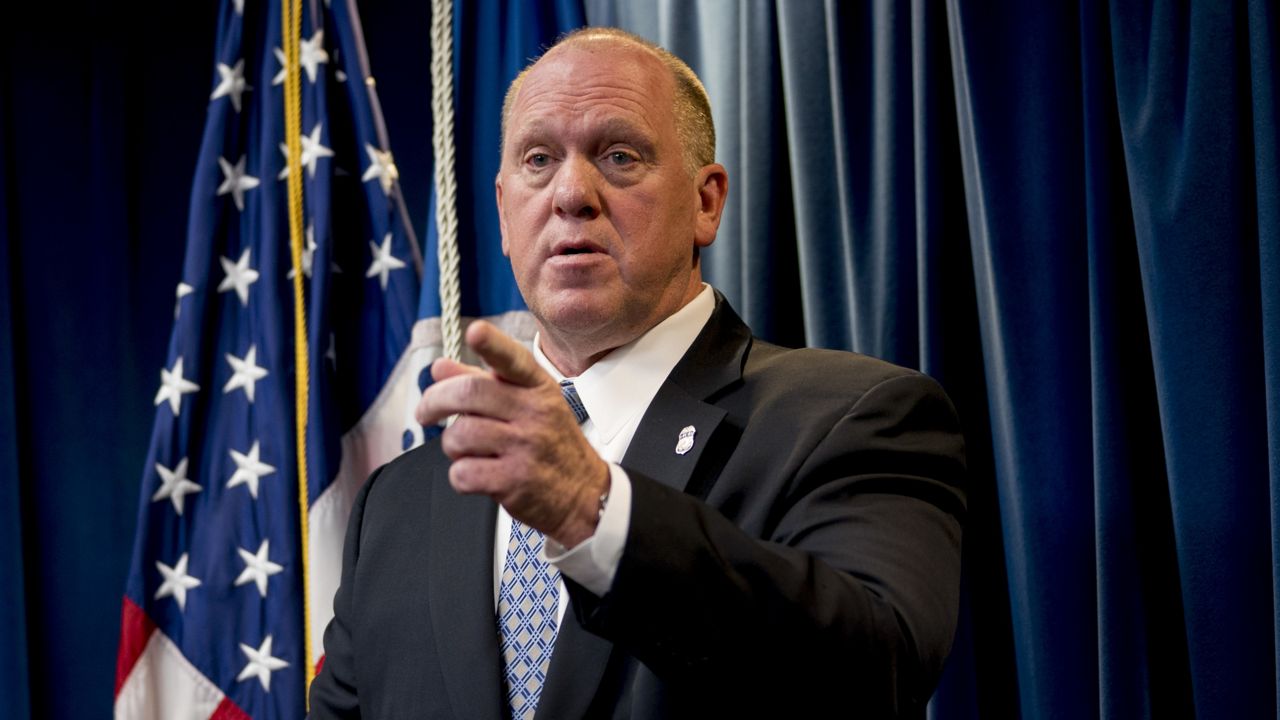When it comes to the state of the economy, it can feel like it all boils down to one thing: the price of an egg.
A staple in many kitchens, people feel every cent that it goes up. So why buy, when you can have your own supply?
Experts note there are pros and cons.
For Laurie Nelson though, it's all about the love.
“Mine, as you can see, are my babies,” she said.
She gets a decent amount of eggs every week.
"There are times I've had seven dozen eggs in my fridge,” she said.
Nelson started her chicken coop about two years ago.
“When I first got them, nobody cared because they run to the store and get eggs because they were so cheap," she recalled. "Now that the egg prices are up, my neighbors are like, 'Hey, do you have any eggs?' ”
She’ll be the first to tell you that keeping chickens is no easy task.
"Everything you see, I bought and built,” she said.
That means time, money and more.
“I'm out here every single day,” she said. “I just spent over $500 buying the materials to cover out back to keep the predators out. I had an electric water heater [that wasn't working]. I went over, unplugged it, plugged it back in and it flashed. So you see that there's a burn mark on the wood? Yeah, my fingers were that color too.”
There are 12 ladies in her chicken coop. They produce about three to 10 eggs every single day, which averages out to about 150 per month at an upkeep cost of about $20 per month. However, there are a lot of factors that need to be taken into consideration.
“You really should love the birds first," said Amy Barkley, a livestock specialist at the Cornell Cooperative Extension. "You are not going to make money or save a whole lot of money on raising your own chickens, especially if you don't have the infrastructure in place.”
Just think about it: It’s making sure it’s legal to have chickens, confirming you have female chickens, taking care of rodents they attract, avian flu safety measures, having a plan for after they’re done producing eggs and just bracing for potential heartbreak.
“Everything likes to eat chicken, so that's another part of this," said Barkley. "To let them free range and for something to catch them and take them back and eat them one day is really hard.”
Not to mention, while you can buy chickens of egg-laying age, there’s a shortage and so you probably won’t find those.
That means you’re raising from chicks.
“Five to 8 months old is when you'll see your first egg,” Barkley said.
If you’re not just in it for the money, it might be worth it.
“Chickens can be messy, chickens can be smelly, but chickens can also be really fun and rewarding to keep,” she said.
Nelson knows that joy firsthand.
“If I was only in it for the eggs, I wouldn't have any of this,” she said.
She sees other people getting into the business.
“There's a lot of places, they'll hold up their eggs and, 'Oh look, I got my first $1,000 egg,' " she said. "That first egg is like gold because you've done so much to get to that point.”
For her, the dollars will never come first — and she’s just fine with that.
“Even when they stop laying eggs, they're still going to be here," Nelson said. "I'm not going to get rid of them. They are not meat. They are family.”
Barkley says once they reach egg-laying age, each subsequent year comes with a 20% drop in production.
They usually stop around age 4 or 5.
The average chicken lives to be 5 to 6 years old, but can go as high as 10 to 15 years old.












